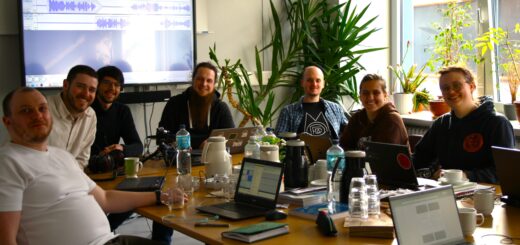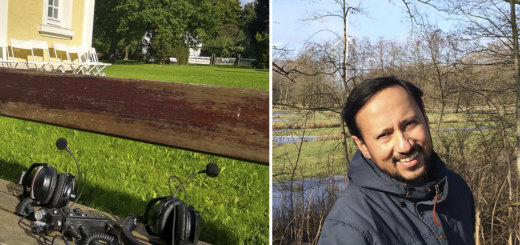Podcast Episode 7: Oindrila and Philine – STEMme #2
Our seventh and final podcast for this season is also the second episode of the STEMme podcast. This time, Philine and Oindrila are interviewing, well, me, Theresa, about my PhD in genetics, my career switch to Science Management and my enthuisiasm for Science Communication.
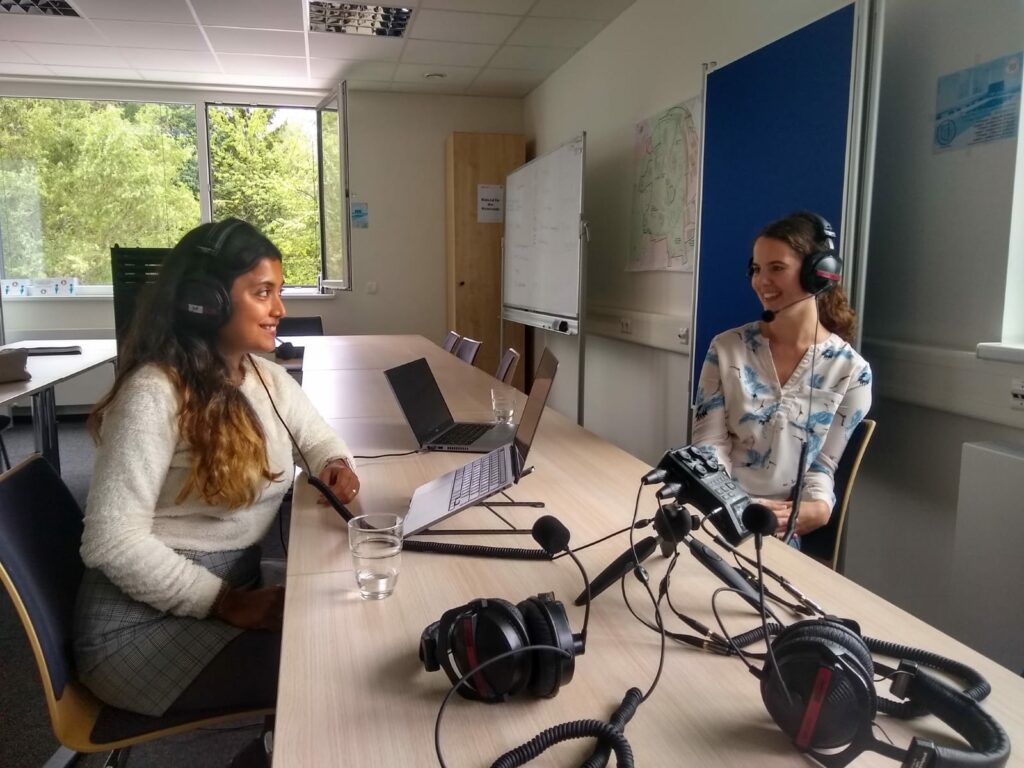
Wait – Is this still Science Chatter Hamburg or a new show now?
Well, it’s both. Episodes 6 and 7 of the Science Chatter Hamburg podcast are also episodes 1 and 2 of the STEMme podcast (pronounced simply as “STEM”). So in a way Science Chatter Hamburg gets it’s first spin-off show and we love it! When Oindrila and Philine learned about our podcast workshop and the Science Chatter Hamburg project they were very excited and eager to join. This is because they have in fact been contemplating to start their own podcast since months. So the workshop of the PIER Education Platform with Theresa and Michael was the perfect occasion for them to really get it started and now, they proudly present to you:
The STEMme podcast
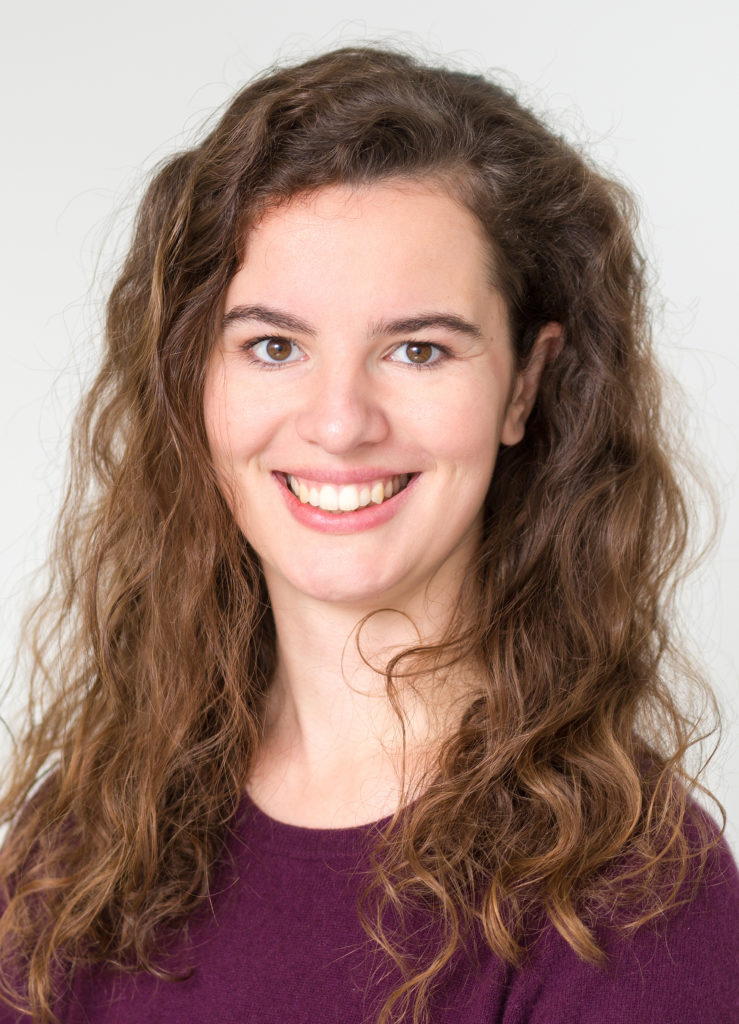

Oindrila is a doctoral research associate in Astroparticle Physics at the University of Hamburg. Philine is a doctoral researcher in Theoretical Physics at the Deutsche Elektronen-Synchrotron (DESY) in Hamburg. They joined forces to create the STEMme podcast, with your fortnightly dose of the most exciting science news from around the globe. When they are not discussing the hot topics in science among themselves, they bring you in-depth interviews with young and seasoned researchers across all disciplines in natural science and technology.
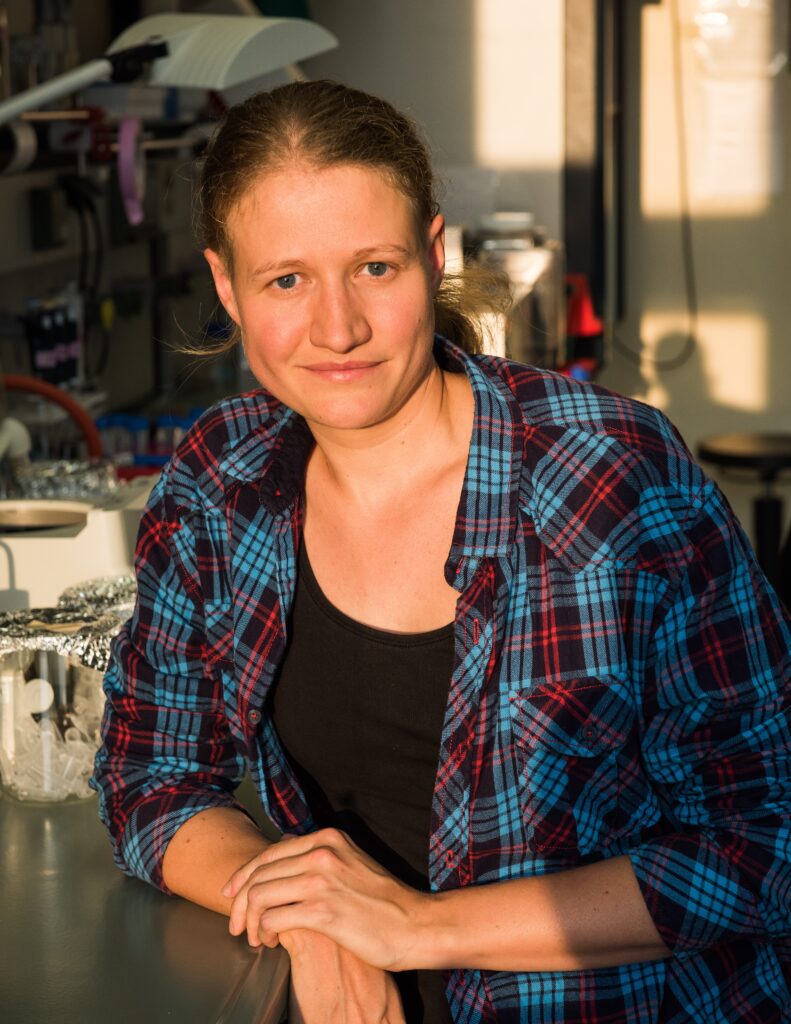
Content of this Episode
Is the pursuit of science based in objectivity? Where do the lines cross between ethics and scientific research? Molecular and Developmental Biologist Theresa Schredelseker talks about transcription factors, embryonic zebrafish brains, the genome-editing tool TALEN, and the philosophy of science. Recently, she swapped her lab coat for a life in science management, supporting early career researchers and building bridges between the research community and non-scientists. She sheds some light on what makes the role of a science communicator so challenging yet fulfilling.


